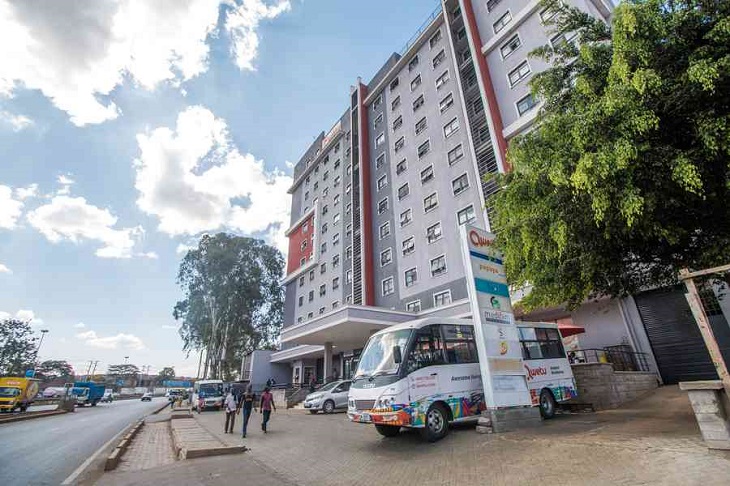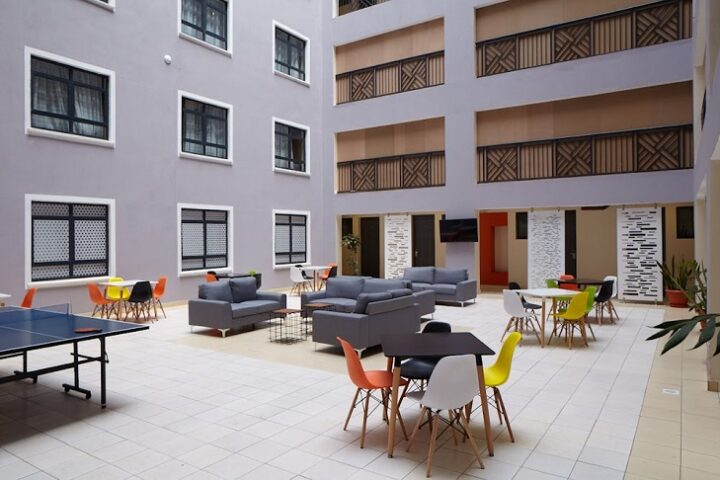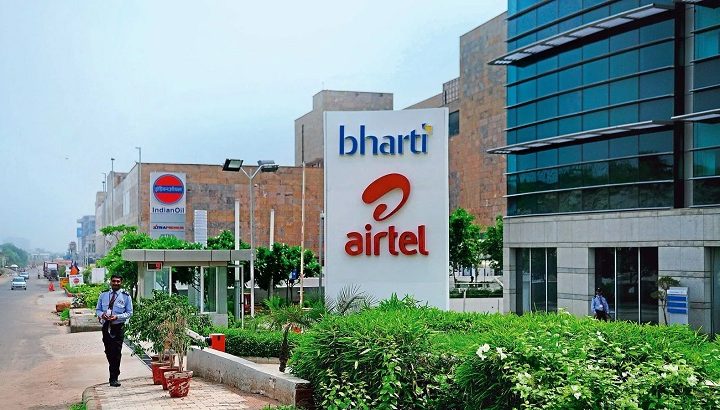The good times are expected to keep rolling for over 7,300 Vuka investors in the Qwetu and Qejani student residences, managed under the Acorn Student Accommodation income and development Real Estate Investment Trusts (ASA REITs). This is because Kenya’s demand for quality student housing far outstrips demand, creating a yawning gap that is ripe for reaping.
But what is overlooked is that their investment in ASA REITs will provide benefits beyond annual dividends, both socially and financially.
On the social front, benefits begin at the construction phase. As Acorn, the developers of the ASA REITs, put up the next Qwetu and Qejani hostels or Purpose-Built Student Accommodation (PBSA), the local communities get a much-needed boost in their economies.
Over the construction period, hundreds of workers, including casual laborers, masons, carpenters, joiners, electricians, and plumbers, are expected to work on the site. Indirectly, transporters, food vendors, and other small enterprises within the construction site are expected to benefit from the development.
When construction is over and the students move in, the local economy will get a boost. Supermarkets, malls, eateries, entertainment joints, salons and barber shops, gyms, and other local enterprises should expect to usher in a wave of new customers.
Even local churches and mosques should expect new faithful in their midst.
The national and county governments are not left behind. County governments will raise extra revenue from both the enhanced land rates and approval fees. On its part, the National government will get more revenue in the form of taxes and other charges.
And as the local boom becomes bigger, more investors come in to tap into these new opportunities, which in turn creates demand for properties in these areas. As expected, property prices begin to steadily increase.
This means the next valuation of Qwetu and Qejani properties will be higher, and this will be reflected in the book price of the units.
We have already seen this happen. The Net Asset Value (NAV) per unit in the ASA I REIT increased from KES 22.91 in December 2024 to KES 23.24 in June 2025, representing a 1.4% growth over the six months.
The ASA I-REIT currently provides 4,500 operational beds. Imagine the NAV when the number of beds doubles or triples over the next few years!
Beyond the monetary or financial returns, Vuka investors are also reaping from the positive impact on the students and the local communities where the Qwetu and Qejani PBSAs are located.
Acorn has the “Connect and Community Engagement” initiatives, which have sustained a vibrant calendar of resident activities including meet-and-greets, movie nights, watch parties, and football tournaments.
These activities are aimed at fostering a strong social bond among students. In the first half of the year, ASA hosted its Annual Music Festival, providing a platform for students across properties to showcase their talents in an engaging and inclusive environment.
On the sporting front, it held an inter-property basketball tournament at the Karen Campus and a football league, promoting physical wellness and camaraderie.
Finally, as part of its wider social impact efforts, residents organized visits to children’s homes and led a sanitary towel drive to support underprivileged communities.
In short, Vuka investors are making a big impact in communities where the Qwetu and Qejani properties operate, benefiting both financially and non-financially over the long term.
Related Content: Vuka Investors Cash In As ASA I-REIT Declares KES 0.29 Interim Dividend












